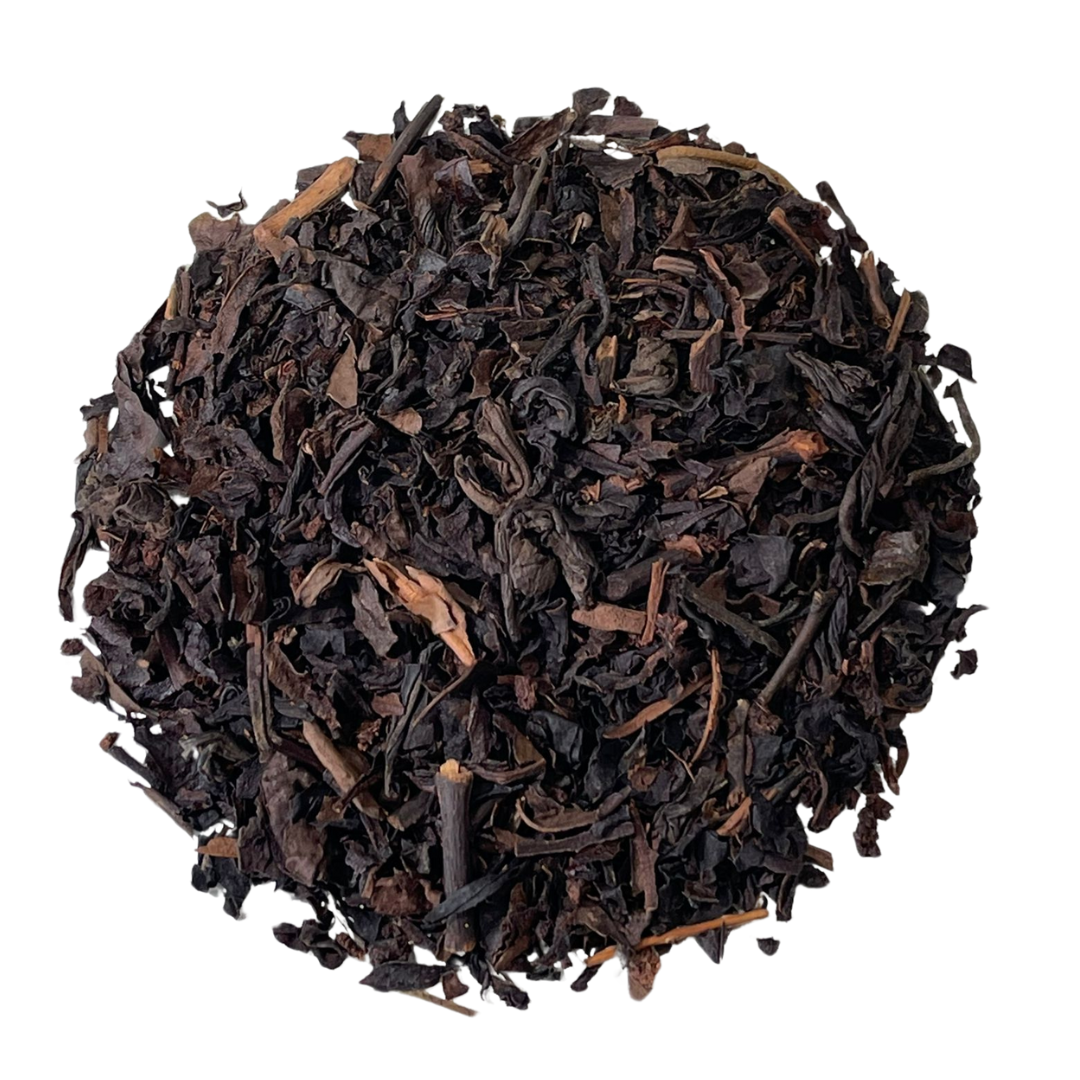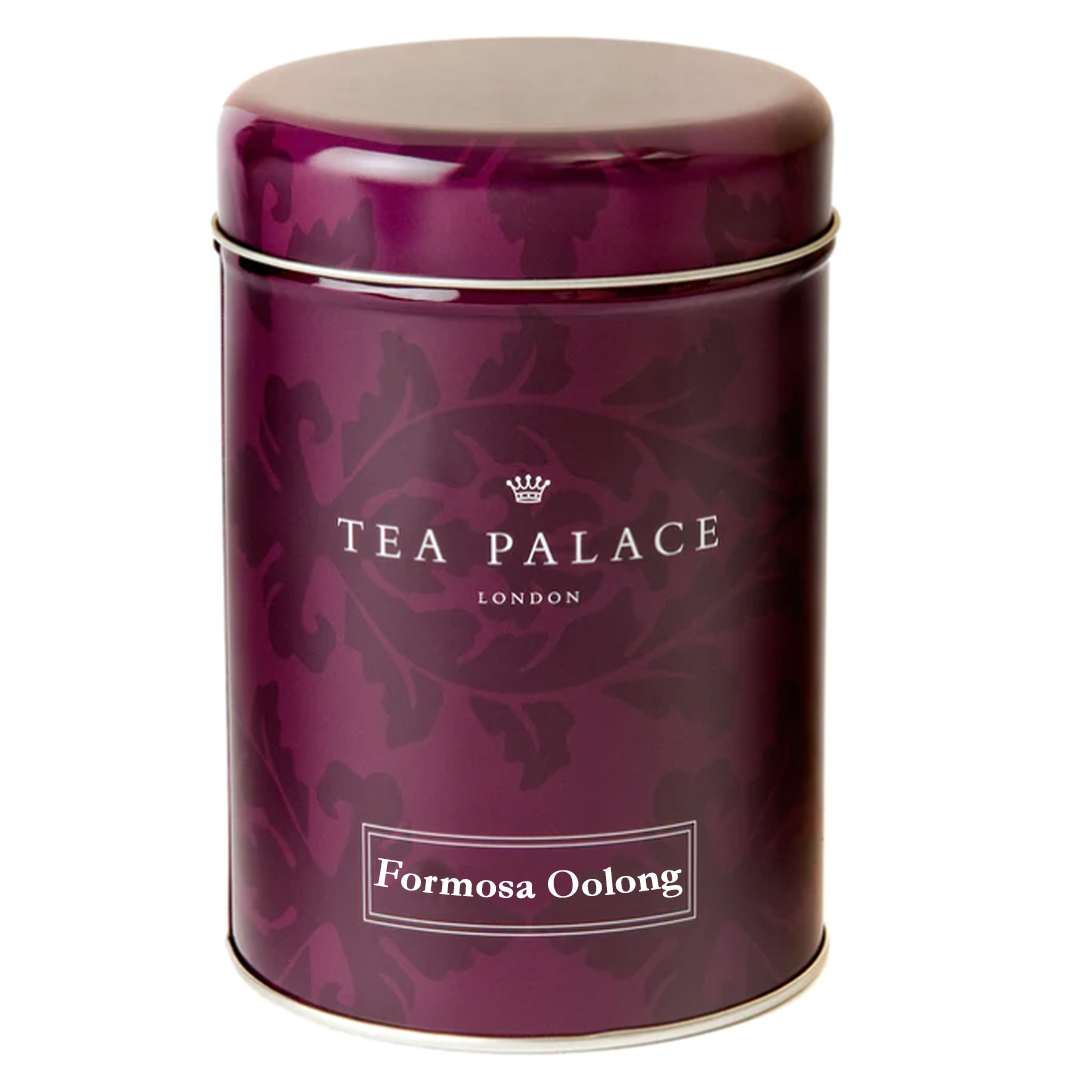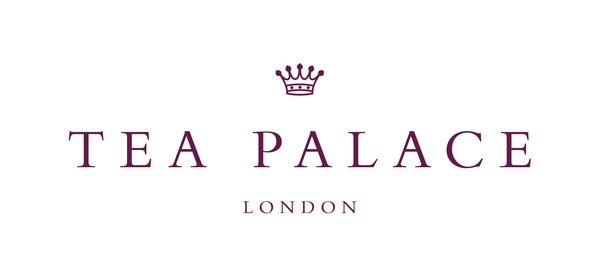Formosa Oolong
Formosa Oolong
Teslim alım stok durumu yüklenemedi
A rich, multifaceted infusion from the heart of Taiwan’s mountainous tea-growing regions, Formosa Oolong offers an exceptional tea experience, celebrated for its complex flavour profile and traditional craftsmanship.
Formosa Oolong, also known as Taiwanese Oolong, is a semi-oxidized tea cultivated in the misty, high-altitude regions of Taiwan. The name "Formosa"—which means "beautiful" in Portuguese—perfectly reflects the island's stunning landscapes, where this exquisite tea is nurtured.
Renowned for its diverse flavour profile, Formosa Oolong is a product of meticulous processing methods, where the leaves undergo partial oxidation and skilful rolling to create a wide range of flavour characteristics. Depending on the degree of oxidation, the leaves vary in colour from vibrant green to dark brown, showcasing their journey from freshly picked leaves to an aromatic and flavourful infusion.
Brewing Formosa Oolong produces a golden to amber liquor with an aromatic bouquet that includes notes of orchid, honey, ripe fruit, and hints of roasted nuts and caramel. Each cup is a sensory experience, with flavours that can range from floral and fruity to creamy, slightly astringent, and often accompanied by a smooth, velvety texture. The finish is characterised by a lingering sweetness, offering a satisfying aftertaste with every sip.
Formosa Oolong encompasses various styles, such as the lightly oxidized Pouchong, the moderately oxidized Dong Ding, and the highly oxidized Oriental Beauty, each with its own distinct flavour. The tea’s high-altitude cultivation in regions like Alishan and Dong Ding contributes significantly to its unique flavour, where cool climates and fertile soil enhance the tea’s exceptional quality and depth.
As with all fine teas, the preparation of Formosa Oolong is an art, often involving multiple infusions to allow the leaves to release different layers of flavour. This process invites tea lovers to fully appreciate the depth and richness of this Taiwanese treasure. Whether enjoyed daily or for special occasions, Formosa Oolong provides a unique, luxurious tea experience that embodies Taiwan’s rich tea culture and legacy.

Brewing Tips
Brewing Tips
Place one teaspoon per cup into an infuser, filter or teapot. Switch the kettle off, before it boils, when you hear the water rumbling. Add the hot, but not boiling, water and infuse for 3-4 minutes. Serve immediately or remove leaves to prevent spoiling
Ingredients
Ingredients
Oolong Tea.
Allergens Note: All products are packed in an environment that contains nuts and other allergens.
Our Sizes Explained
Caddies
Caddies

Caddies
Our bespoke white and lilac caddy is the perfect way to keep your infusion fresh.
Contains enough for approximately 40-60 cups of happiness.
Refill Pouch
Refill Pouch

The refill carton, available in Standard and Large, is a perfect, environmentally friendly way to replenish your Tea Palace Caddies.
Contains enough for approximately 40 cups (Standard) or 60 cups (Large) of one of our infusions.
Sample Caddy
Sample Caddy

Our small sample size caddy weighs 45g and is the perfect way to try a new infusion or multiple different blends.
It contains enough for approximately 10 cups of goodness.
Share




